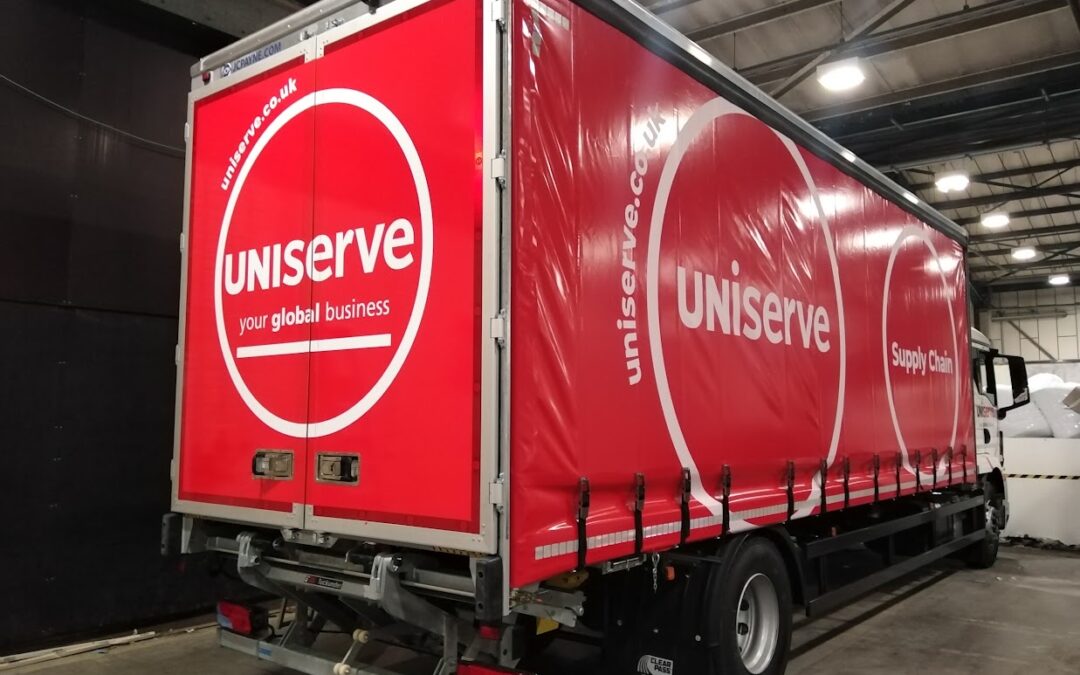Delivering goods within Europe’s dense urban centres presents significant challenges for logistics providers. However, innovative solutions are being adopted to address these hurdles.
Congestion and Emissions
One of the primary challenges is traffic congestion and emissions in city centres. The high volume of delivery vehicles contributes to air pollution, noise, and gridlock on narrow streets not designed for heavy commercial traffic. To combat this, companies are increasingly adopting electric vehicles and cargo bikes for last-mile deliveries, reducing their carbon footprint and ability to navigate tight spaces.
Regulations and Access Restrictions
Many European cities are implementing low-emission zones and restricting access to polluting vehicles to improve air quality and liveability. Logistics providers must adapt by using compliant zero-emission fleets or face penalties. Additionally, limited loading zones and delivery time windows create operational complexities.
Cost and Efficiency
Last-mile delivery is the most expensive and inefficient leg of the supply chain, with multiple stops, idling, and failed delivery attempts. Companies are leveraging technology like route optimisation software, real-time tracking, and alternate delivery locations (parcel lockers) to reduce costs and improve the customer experience.
Urban Logistics Hubs
To increase speed and reduce emissions, some providers are establishing urban logistics hubs and micro-fulfillment centres within cities. This allows shipments to be brought in by larger vehicles to the outskirts, then dispersed for final delivery via smaller, sustainable modes like electric vans and cargo bikes.
Explore our innovative European last-mile delivery solutions.
Autonomous and Drone Delivery
While still in the early stages, autonomous ground vehicles and drone delivery are being explored as potential solutions, especially in suburban areas with lower density. However, regulatory hurdles and public acceptance remain barriers to widespread adoption in urban environments.
As e-commerce continues growing, overcoming last-mile challenges in European cities will be crucial for logistics providers to meet customer expectations while aligning with sustainability goals and municipal regulations.

